Reopening the Diary
It’s been 9 months since I posted an entry in this diary of life as a ‘vicar’ with Chronic Fatigue. During that time, the symptoms have eased and energy and wellbeing steadily increased, as the various elements of health management finally began to work together.
In the last month or so, I have ‘crashed’ or ‘slumped’ with fatigue and pain again. The first time, for a couple of days, after which I recovered quickly. This time, it’s been over a week of heavy fatigue, and painful muscles; the pain is getting to the sinews and bones, the fatigue is slowing my body and my mind.
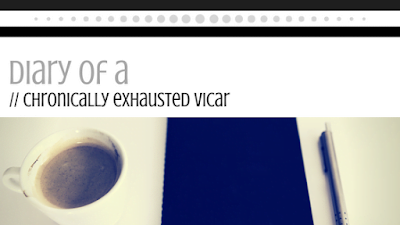
I am noticing again the particularities of my experience of this illness, of being a congregational minister suffering from chronic fatigue. So, here we go again with the diary, telling my story of a leader who lives with a chronic illness (or two). We tell our stories to connect, to seek to make meaning of our experiences, together. This time, it’s a story of guilt, shame, and feeling utterly alone.
Guilt
Having been well for most of this year, returning to full time after six months of a reduced load, my people and I were getting used to me being more present, more active, more available. More visible in leading our rejuvenation after the challenges of 2020. Stronger in voice in preaching, proclaiming, calling out our collective need to change on various fronts.
I have been more active in the presbytery, championing a ‘fresh expression’ of church as a valuable ministry for the wider church to support, participating in collegial conversations, leading with storytelling at long last. I have facilitated three weddings and counselled a further two couples preparing for marriage. I’ve presided at three baptisms and a couple of funerals.
I’ve been looking forward to offering some workshops in story and prayer, in the congregation and wider church, in coming months.
But now, I cannot stand for long without pain. I feel as though I need to lie down, when I am already lying down. I find it hard to keep my eyes open during the day, or to think clearly, or to move, so heavy does my body feel with the weight of the fatigue.
And I feel guilty. It feels as though this regression of the illness is my fault. Surely I have done something wrong, to have allowed the fatigue in again, to have made myself unavailable to my people again. I have taken too much on. Too much responsibility, when I could have been asking others to take the lead on this project or that. Too many tasks, when I need to take care with my time and my energy. Too much blame when folk have complained. I have taken on too much, and that is what has led me here again. It is my fault.
That guilt helps no one. I know that. I understand that Chronic Fatigue is unpredictable, volatile, its ebbs and flows less regular than the ocean rolling onto the shore. I know that the stressful circumstances of my team’s ministry in this season is not caused by me, and cannot be resolved by me, not alone. I understand that I have held onto responsibility for some things longer than I needed to since our team welcomed another minister in January, and I understand why I have done that. (I don’t quite know how to let them go, but that’s another story).
However much I know these things, the guilt, nevertheless, is here, is part of this current experience of the Fatigue, because I am disappointed when I let people down, when I cancel commitments, withdraw my presence and participation. I feel guilt at asking colleagues to step in for me, to do more because of me and my illness. I feel guilty for doing too much before, so I can’t do more now – and let’s not even add in the guilt if I had not done then what now appears to be too much, because as a minister in a large congregation, for some, you will never be doing enough.
Guilt. For the silent, invisible illnesses, guilt when the illness worsens again, I suspect, is not my experience alone.
Shame
Then there’s the shame of it. The shame of not coping, not managing; the shame of failure.
Even when I was doing better with the fatigue, experiencing more sustained energy, less pain, clearer mind, there were still limits to my capacity. If I was managing well within my ministry context, preaching well, supporting the new season of Rise Events and Sanctuary to emerge with promise, preparing and recording opening worship for the Network of Biblical Storytellers’ annual gathering – I was not, necessarily, managing my life well.
I have been in Canberra three and a half years, and have not yet found a hairdresser. I took some weeks once I was eligible to book a Covid vaccine appointment – and then had to wait four weeks before I could get an appointment. My sink is often overrun with multiple days’ dishes. My garden is unruly, there are globes and the doorbell battery that need replacing, I need various appliances for the kitchen … I could go on.

The shame of it. Being an adult, responsible for running one of the larger congregations in the capital, speaking eloquently at conferences and meetings on issues of ministry practice, and not being able to do the dishes or book a hair cut.
When this fatigue slump first took hold, I spent two days resting and doing very little else. On the third day (hmm, that does sound a bit resurrection-like, doesn’t it …), I sat at my desk and wrote out all the things that were weighing heavily on me, for which responsibility was accumulating and becoming debilitating. I split the list into church, storytelling, personal, and numbered items on each list. Ones were things I thought I could do immediately, even while resting. I have found it actually a helpful part of the healing process to continue to move forward with tasks, as much as I am able. Even before I did those smaller tasks, simply writing the list was a help. I also find it immensely helpful for me to get things out of my head, by talking or writing, so I can see them more clearly and discern the path through.
Numbers two to four helped me to prioritise and to some extent, put down the worry for the things to which I cannot attend yet, and again, that lightened the load some as well. Ticking items off during the week also helped (and yes, I added at least one task to the list as I was doing it so that I could tick it off, too. Psychology).
A week later, I rewrote the lists, removing the tasks completed. So for a new week, the lists are cleaner, and they are shorter, because I am not adding more to my load for now.
Although I have found some ways to manage the shame, or to tick off some of the adulting tasks that, undone, were leading to shame, I still have a lingering feeling of failure. Am I failing to meet some adulting standard, and am I wrong to insist on doing life alone?
Alone
I have a wonderful warm spa-pool. To sit in that water with the jets gently massaging; to swim slowly from one end to the other or against the tether, is restorative and healing. But when I am in this much pain, it is difficult to take off the covers and put them back on, in order to go for a swim.
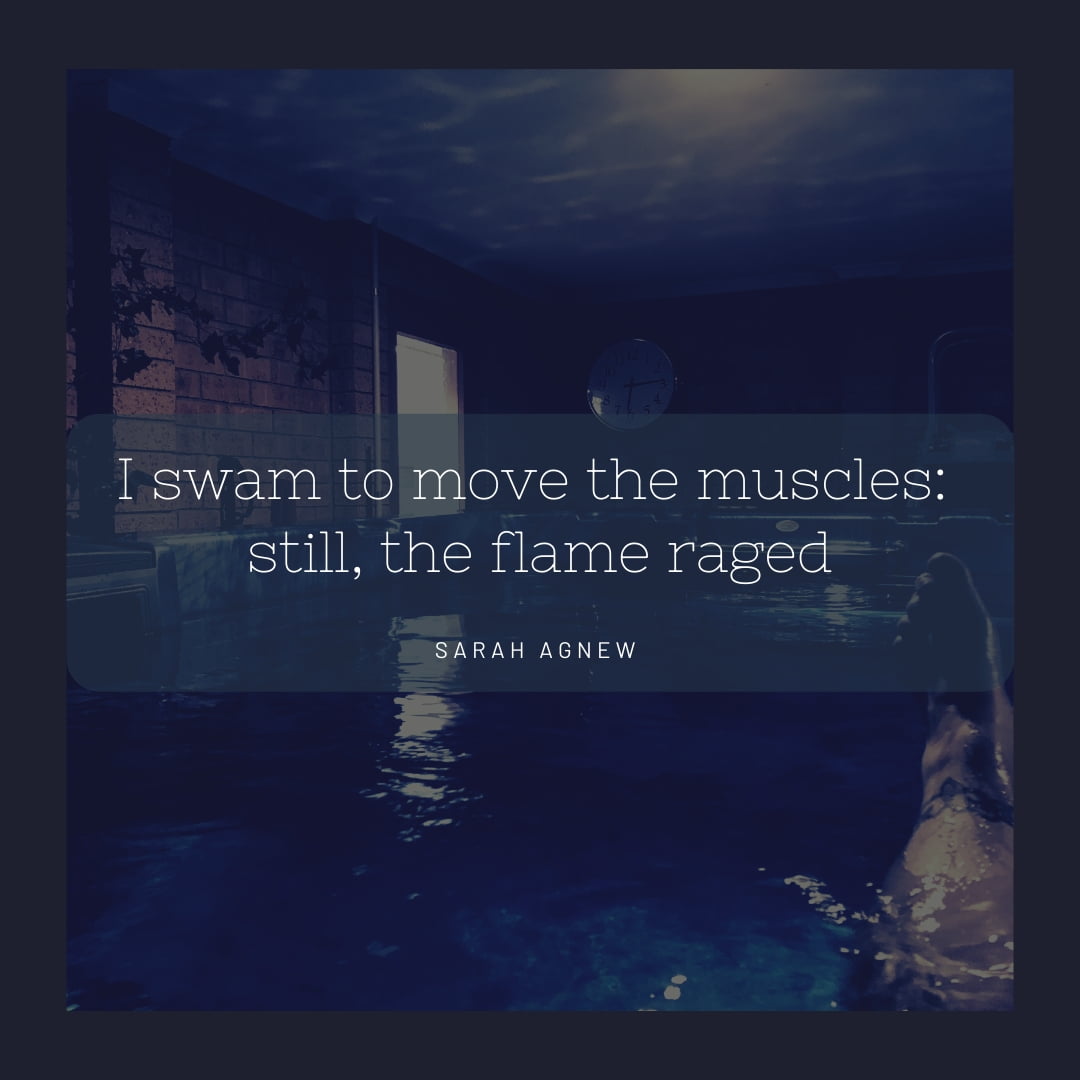
If I had a partner, perhaps they might help with the removing and replacing of pool covers, mightn’t they? We might share the choosing and preparing of meals, the washing of dishes, mightn’t we? I might have another human body into which to lean, and not feel so alone, mightn’t I?
But I have chosen to live a solitary life.
Since I understood my vocation to be storyteller-poet-minister, I have learned that to live that vocation well is to live on my own. In order to be available to a community of faith, I need to have no one needing me at home. In order to give attention to my craft, my practice, I need not to have an intimate partnership to which I would want to give attention. In order to nurture life in and through the church, I need not to be a child’s mother or a pet’s human.
I understand this about myself, that I choose to live solitary in community.
And yet. In moments like these, I do feel deeply, profoundly, utterly, alone.
Ministry is isolating. We hold people’s stories, their deep stories, painful stories, hope and dream stories. We receive the expectations of members we serve, who all want different specific things from us. We are responsible for the pastoral care of individuals (where I am, several hundred), and of the community as a whole. We hold the Sacred Story and are responsible for telling it in such a way as to invite the people to embody that Story with their whole selves.
Illness is isolating. Depression causes you to withdraw into the dark. Chronic Fatigue causes such pain and discomfort that you don’t want to move, so don’t go out. Chronic Fatigue means that being with people, engaging in conversation, is exhausting.
We are in a pandemic. So the distance from Canberra to Adelaide feels further than I ever felt from home when I lived in Scotland; and getting out and about to see friends here, well it’s another reason not to bother, when you’re tired and aching anyway.
So I may have lifted some of my shame at failing to adult because I am too tired, and I may be able to find a way to let go of some of the guilt if I remember for what I am properly responsible, and for what I am not to blame.
But being alone seems less likely to change, and I’ll name it all the same. Because maybe there’s someone who’ll read my story, and it might help you feel less alone.
Postscript
I wrote this diary entry a week ago. Since then, things have improved some.
I am practicing a shift of perspective, so that I acknowledge I feel tired or achy, and then I consider, what do I need, rather than simply sit or wallow in the fatigue and the pain.
I am balancing time by myself and time with others a little better, for both have healing potential.
I have managed to get in the pool for a swim several times, and the water certainly helps.
Full disclosure, I have also added things to do, though I have found somehow that I am holding the tasks and responsibilities more easily, with more lightness. I don’t quite understand, but I suspect it’s connected to the perspective shift and connection with community.
I am not going to remove this post, or rewrite it, because it is important to name the struggles as part of the wrestle and finding a way through.
May we have courage to name what is hard, what help we need, and to keep moving so as to make our way through.
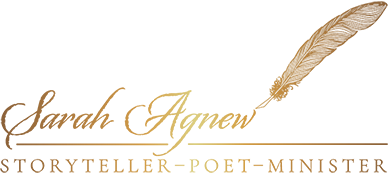
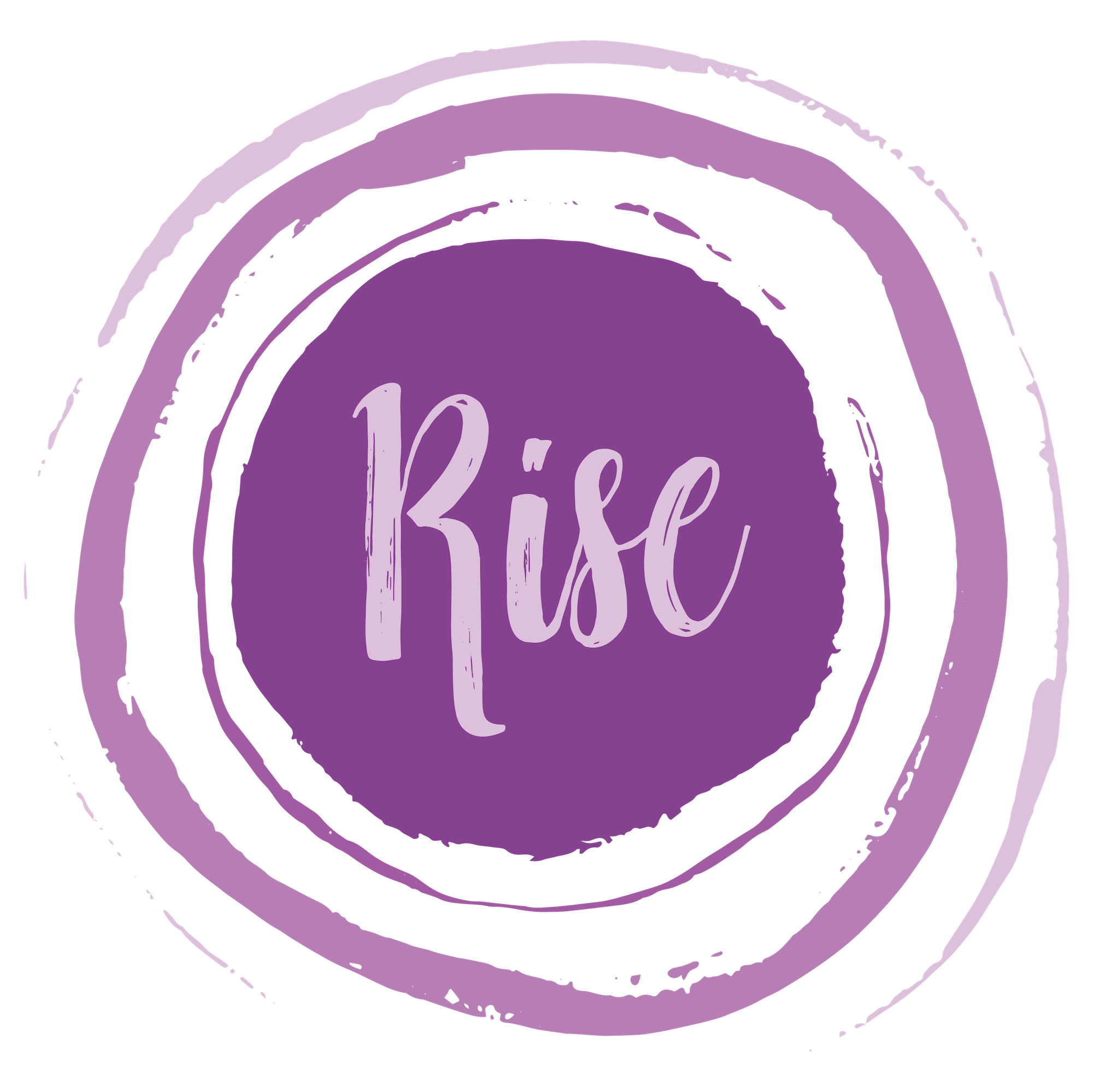
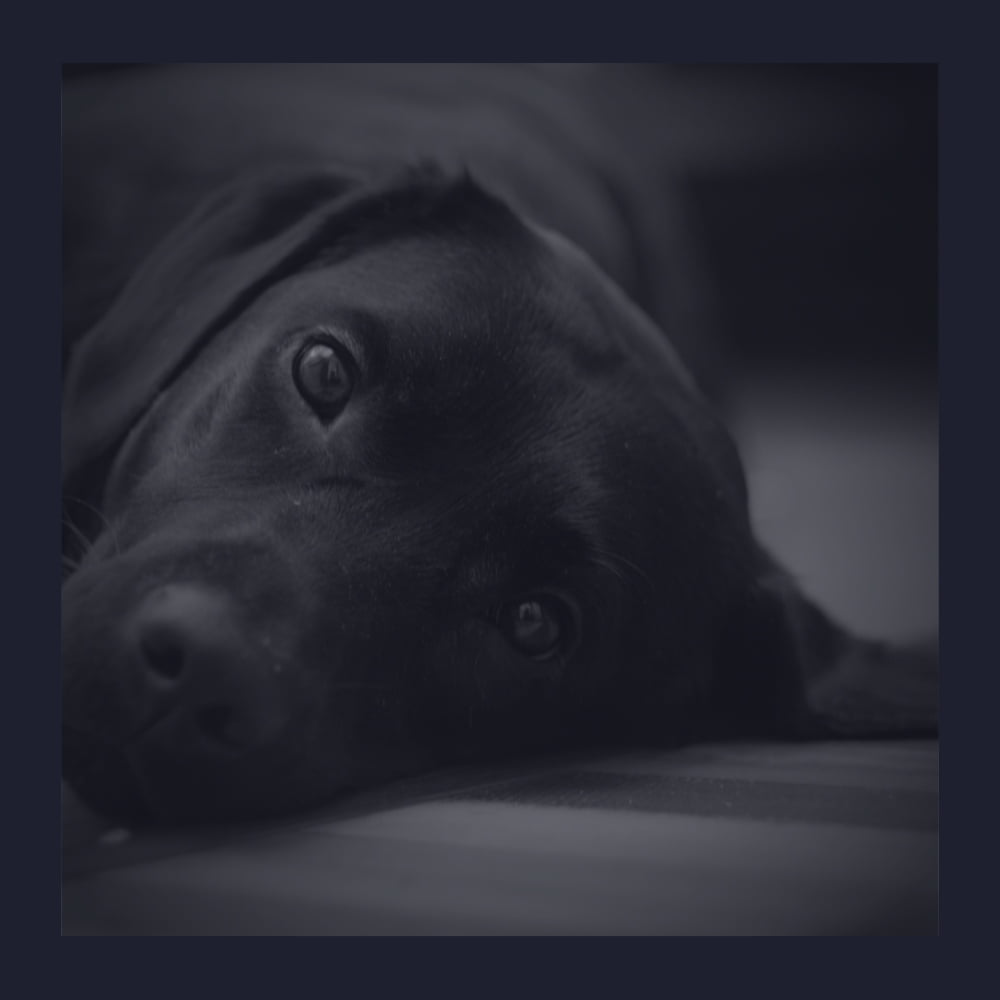
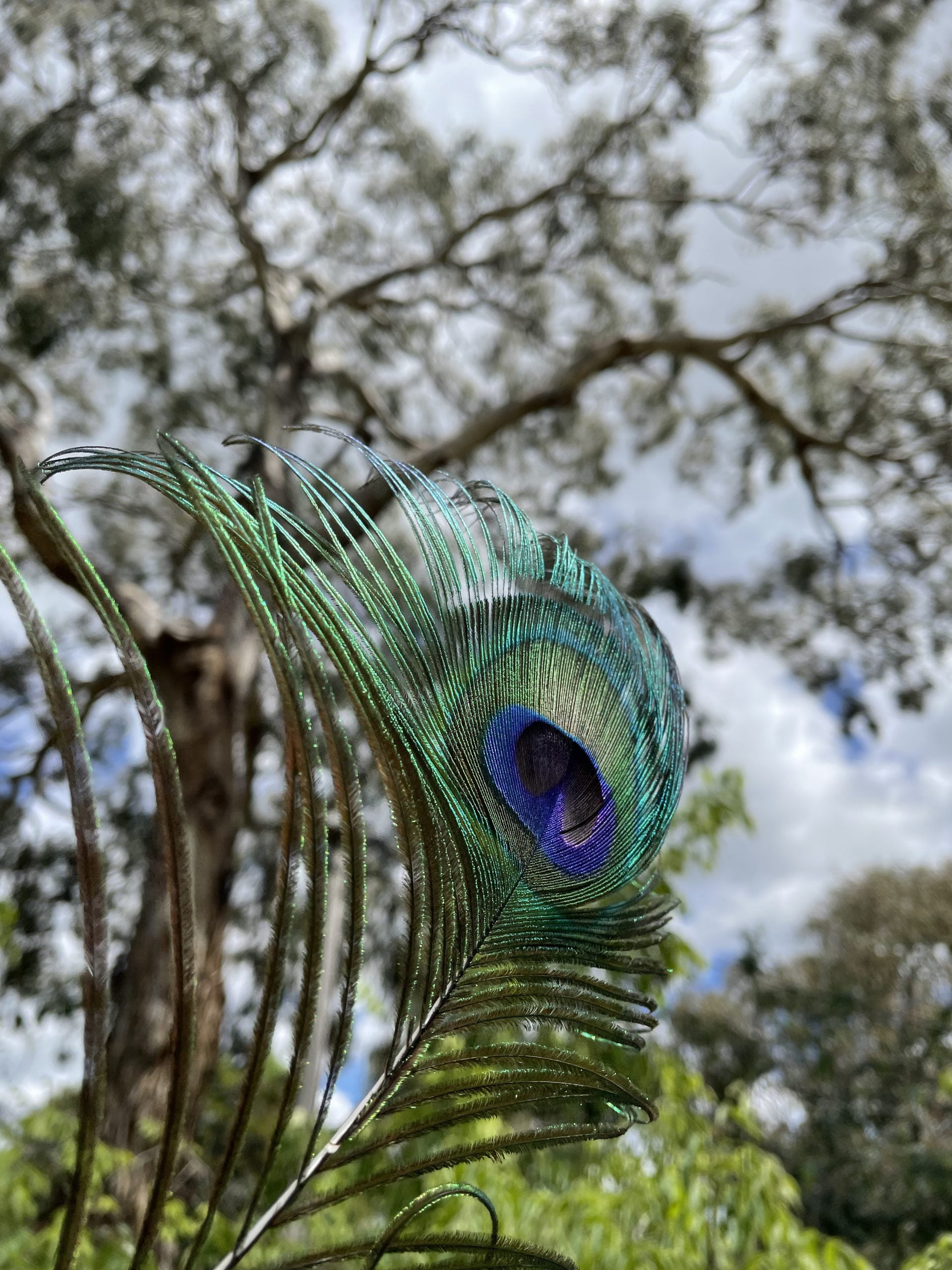
Thank you for sharing such raw feelings as you go through this. A lot of what you’ve written resonates with me also. I’m here to help with the loneliness that is Canberra whenever you need!